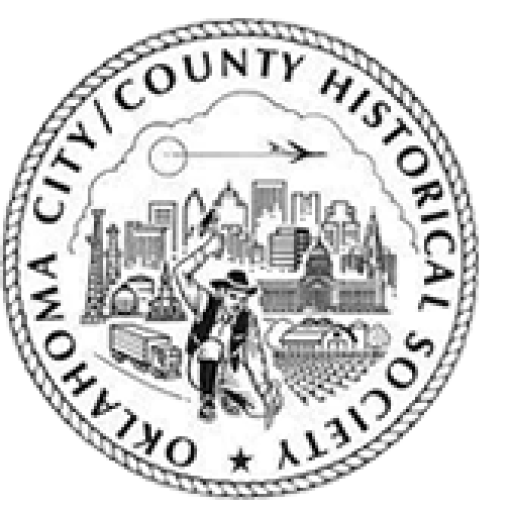Southwest Monument at 7200 S Western may look pretty mundane these days, but once upon a time it was the launching pad for a major country-western recording artist who had dreams of sharing his special pineapple burgers with the entire country.
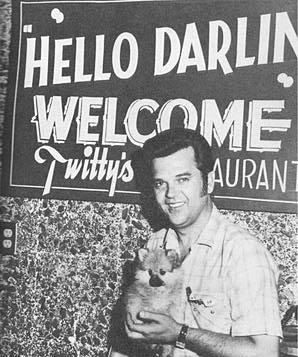
Conway Twitty was already a big time country-western star, beloved in his hometown of
The chain is a part of history, but if you take a good look at the home of
This story begins with Harold L. Jenkins (aka Conway Twitty) starting out as a rock and roll singer in the mid-1950s. While living in
That same year Twitty began pursuing his dream of opening up a restaurant chain with a signature burger – but this wouldn’t be anything like what was being served at McDonalds.
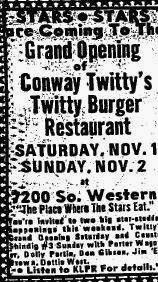
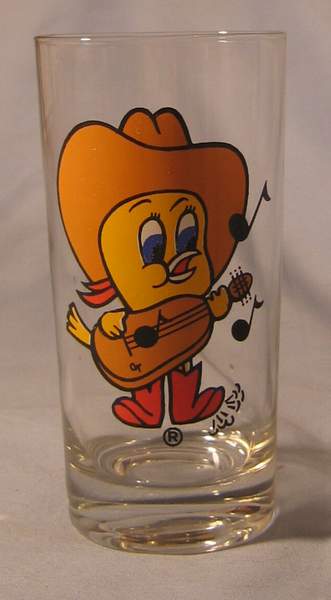
“Let me tell you about some of my current projects,” Mr. Twitty told a high school graduating class in
Right off the bat it was clear the Twitty burger wasn’t going to be anybody’s idea of a health plate. Twitty convinced 75 of his friends, including former Oklahoma Gov. J. Howard Edmondson, singers Merle Haggard and Sonny James, and songwriter Harlan Howard, to invest $100,000 in the business. Twitty, living in
The sign out front, the menus and glassware all featured the singer’s signature logo – A Tweety bird playing a guitar.
In 1970, a year after the restaurant opened, Twitty released his mega-hit “Hello Darlin” – a song that spent four weeks at the top of the country charts. But the restaurants didn’t fare so well. But the Twitty burger wasn’t quite as popular and mismanagement led to the chain shutting down the next year.
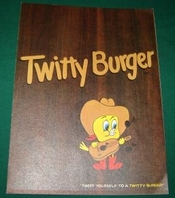
Twitty didn’t want to leave his friends feeling cheated by the ordeal, and flush with cash from his album sales, he paid them back and deducted the $100,000 as a business expense on his tax returns. This led to an IRS prosecution and a court ruling that still entertains legal and accounting students today.
Twitty had a lot of fans. And Judge Leo Irwin, himself an amateur singer, liked country music. He ruled in Twitty’s defense and after reading the verdict, he performed for his famous captive audience a song he wrote entitled “Ode to Conway Twitty”:
Court’s “Ode to
Twitty Burger went belly up
But Conway remained true
He repaid his investors, one and all
It was the moral thing to do.
‘His fans would not have liked it
It could have hurt his fame
Had any investors sued him
Like Merle Haggard or Sonny James.
‘When it was time to file taxes
Was deduct those payments as a business expense
Under section one-sixty-two.
‘In order to allow these deductions
Goes the argument of the Commissioner
The payments must be ordinary and necessary
To a business of the petitioner.
‘Had
His career would have been under cloud,
Under the unique facts of this case
Held: The deductions are allowed.
To which the IRS responded:
Harold Jenkins and
They are both the same
But one was born
The other achieved fame.
The man is talented
And has many a friend
They opened a restaurant
His name he did lend.
They are two different things
Making burgers and song
The business went sour
It didn’t take long.
He repaid his friends
Why did he act
Was it business or friendship
Which is fact?
Business the court held
It’s deductible they feel
We disagree with the answer
But let’s not appeal.
Feeling Hungry? Looking to do eat something that isn’t quite heart healthy? Here’s the recipe for the Twitty burger:
TWITTY BURGER
4 oz. patty ground sirloin
1 large pineapple ring
Graham cracker crumbs
Shortening
2 slices bacon, fried crisp
1 (5-inch) hamburger bun
Mayonnaise
Cook patty of ground sirloin as desired. Batter the pineapple ring with graham cracker crumbs and deep fry. Spread mayonnaise on both sides of bun. Put this all together – bun, patty, bacon and pineapple ring – for a Twitty Burger.
